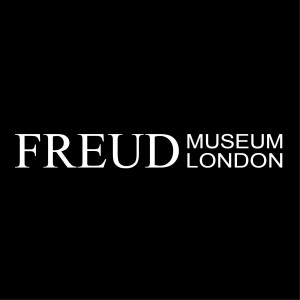

Wagner’s Parsifal and the Challenge to Psychoanalysis
Tom DeRose: Wagner, Freud and Nietzsche in Berlin
With reference to Dmitri Tcherniakov’s recent Berlin production, this paper will consider the relationship between the character of Gurnemanz in Wagner’s Parsifal and Nietzsche’s conception of the ascetic priest in On the Genealogy of Morals. Although Gurnemanz appears as an un-biased narrator, something akin to the Evangelist in a Bach Passion, just how far removed from the action is he? I will suggest that the insights of Freud and René Girard can help us to gain a deeper understanding not only of this ‘all knowing’ story-teller, but also of the violence which lies at the heart of social systems.
Tom DeRose is Volunteer Coordinator at the Freud Museum where he helps to organise conferences and runs the Freud Museum reading group. He studied History and Philosophy and has a longstanding interest in the operas of Richard Wagner.
In our conference 'Wagner, Freud and the End of Myth' (2013) we argued that by taking the mythic dimension and bringing it into the human realm, Wagner anticipated Freud in his depiction of unconscious processes of the mind. It could be said that Freud and Wagner were dealing with the same stuff - the “fundamental psychosexual issues that affect us all” as Barry Millington put it, and for that reason a fruitful dialogue can exist between their two bodies of work.
The present conference is entirely devoted to Wagner’s final masterpiece, Parsifal, and explores whether this sublime, troubling and contentious work prefigures psychoanalytic insight or resists psychoanalytic interpretation. As a story of compassion and redemption, which nevertheless describes a world of perversion and mental anguish, what can Parsifal tell us about the secret springs of human desire and the conflicts of human nature? And how did Wagner manage to create it?
More Episodes
All Episodes>>Create Your Podcast In Minutes
- Full-featured podcast site
- Unlimited storage and bandwidth
- Comprehensive podcast stats
- Distribute to Apple Podcasts, Spotify, and more
- Make money with your podcast











